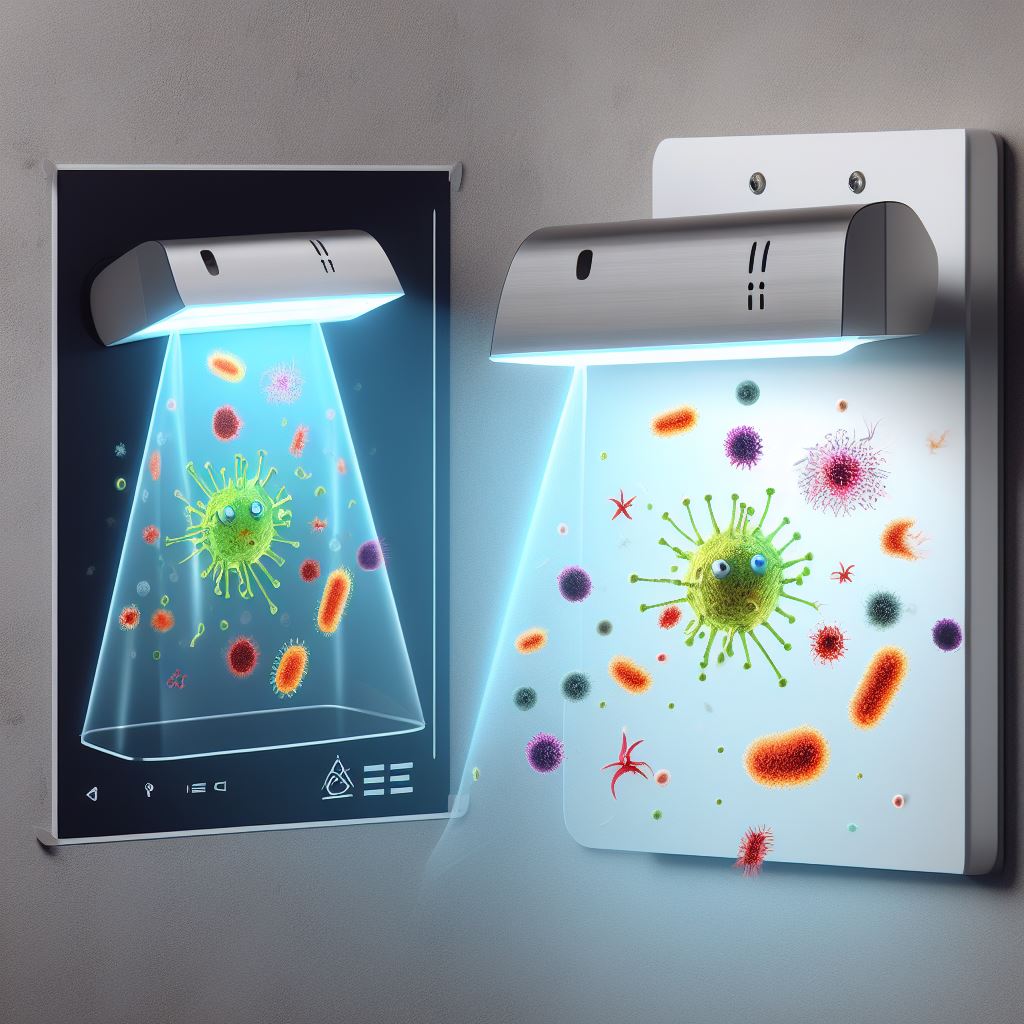In the world of lighting, we
often focus on aesthetics and ambiance. Lights can set the mood, enhance the
décor, and create a welcoming atmosphere. However, there’s a type of lighting
that goes beyond mere decoration. Germicidal wall lights are not just for
looks; they play a crucial role in health security.
Understanding Germicidal Wall
Lights
Germicidal wall lights are a
unique class of lighting that emits ultraviolet (UV) light, particularly in the
UV-C spectrum. UV-C light is known for its germicidal properties, capable of
destroying or inactivating microorganisms like bacteria, viruses, and mold.
This technology has been utilized for disinfection purposes in various settings
for years, including hospitals and laboratories.
Decoration with health benefits
Unlike traditional decorative
wall lights, germicidal wall lights are designed with a specific purpose in
mind – to enhance safety and hygiene. They are strategically placed in areas
where cleanliness and pathogen control are essential. For instance, in healthcare
facilities, these lights are installed to reduce the risk of
healthcare-associated infections.
Health Benefits of Germicidal
Wall Lights
Germicidal wall lights have
proven to be a valuable tool in safeguarding health. Their benefits include:
· Reducing Disease Transmission: By
effectively neutralizing harmful microorganisms, these lights help prevent the
spread of diseases. In healthcare settings, they play a pivotal role in
protecting patients and medical staff.
· Enhancing Air Quality: In spaces with
germicidal wall lights, the air quality can be improved as the lights also
target airborne pathogens. This is particularly beneficial in areas with
limited ventilation.
· Minimizing Allergens: Mold and other
allergens can thrive in damp or poorly ventilated spaces. Germicidal lights can
help reduce these allergens, providing relief for individuals with allergies.
Safety for Daily Use
One common concern is whether
germicidal wall lights are safe for daily use. When installed and used
correctly, they are indeed safe. However, it’s essential to follow manufacturer
recommendations and safety guidelines. Direct exposure to UV-C light can be
harmful to the skin and eyes, so these lights are typically designed to operate
safely when people are not present in the area being treated. This ensures that
the disinfection process occurs without risking harm to individuals.
Germicidal wall lights are not
meant to replace standard lighting but to complement it with their germicidal
properties. They are an excellent addition to spaces where hygiene is of utmost
importance, such as hospitals, laboratories, and even in certain home
environments.
In conclusion, germicidal wall
lights are a testament to how lighting technology can be harnessed for the
greater good of health and safety. Their ability to combat harmful
microorganisms and create cleaner, safer environments highlights their
importance. When used in accordance with safety guidelines, these lights can
contribute to our well-being and peace of mind, making them a valuable addition
to various settings.

